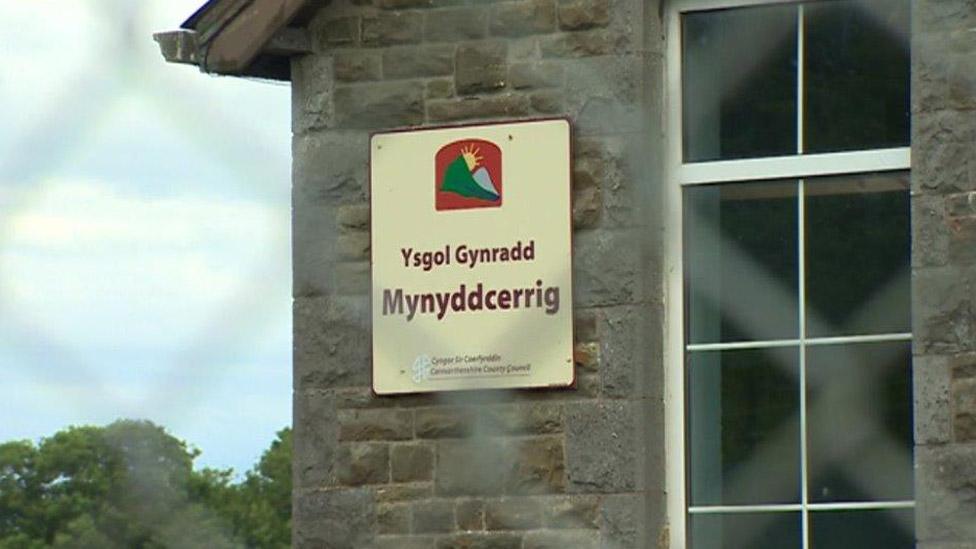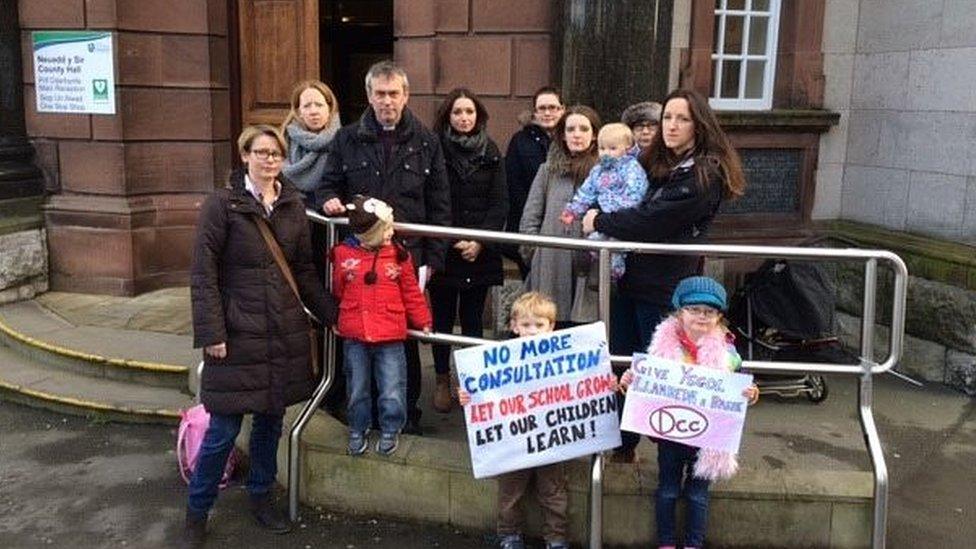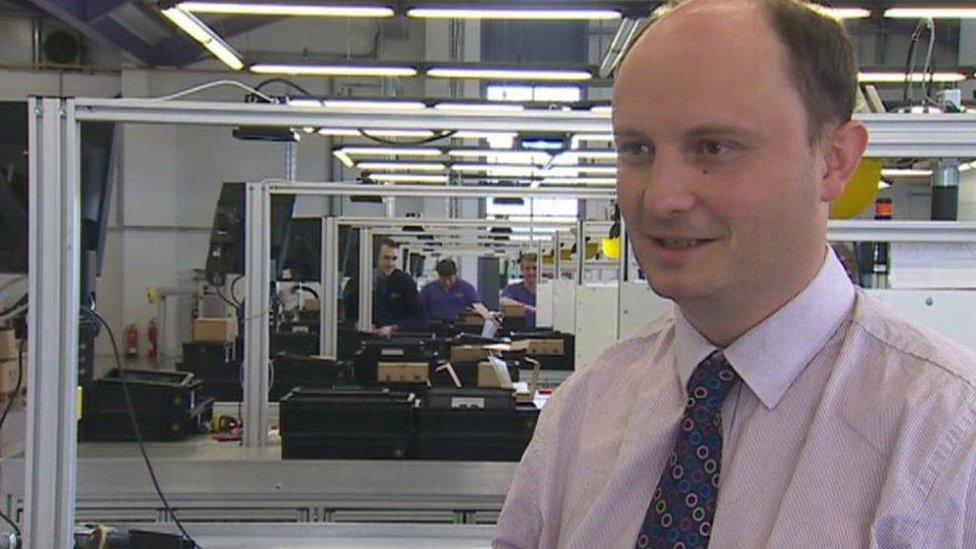New law to support rural schools could be introduced
- Published

Ysgol Mynyddcerrig village school closed in September 2007
A new law to support rural education could be introduced by the Welsh Government, according to Education Secretary Kirsty Williams.
An agreement between the Liberal Democrat AM and the first minister included a pledge to look at the impact of current policy on rural schools.
Councils have to consider the number of surplus pupil places when making decisions about the future of schools.
Ms Williams said a policy consultation is likely to begin in the autumn.
The Brecon and Radnorshire Assembly Member was offered a place in Carwyn Jones' Labour cabinet on the basis of an agreement which included a promise to review current policy on surplus school places "with emphasis on rural schools".
Ms Williams said falling pupil numbers had increased the number of surplus places in rural areas, raising questions about the future of some schools.
She told BBC Wales: "It's absolutely right we need to spend our resources on children in schools and not necessarily funding surplus places.
"But it can mean that in some rural areas children are being asked to travel long distances to receive their education.
"So, this is just an opportunity to look at the impact of the policy on reducing surplus places and what that means on the ground in rural areas about the future of education provision".
She said current policy can mean short-sighted decisions, which may not take account of possible future population growth.
The push to cut surplus school places had "forced councils down one particular route", she said.
The education secretary said Wales, unlike Scotland and England, had never had a rural schools policy.
A consultation will assess the way forward, and drawing up a new law is an option, she said.
"I have had a discussion with the first minister and we've not ruled out the possibility of primary legislation if that's what we need to move this policy forward," said Ms Williams.
She said attracting and retaining staff and head teachers and the importance of schools as community resources should also be discussed.

Emily Dix recalls when her village school closed in 2007
BAD MEMORIES OF SCHOOL CLOSURE
Ysgol Mynyddcerrig in Carmarthenshire closed in September 2007.
There was a long campaign to save the village primary school, which, at the end, had 15 pupils.
It was one of three in the county to face closure because of a problem with 5,000 surplus school places. The education authority said at the time it was also struggling to attract senior teachers.
Emily Dix was one of the last pupils, aged seven at the time. She said the closure left her "devastated."
She went with two other pupils to another primary school but lost touch with other schoolmates.
"It was a unique, close, unbelievably-amazing community," she said.
"The community has never been the same. The school is what united us and brought us all together."

This week, Gwynedd council discussed proposals which would see head teachers taking charge of several schools across the county, rather than closing schools.
The education secretary told AMs on Wednesday school federations "offer a number of opportunities" in driving up standards, creating economies of scale and keeping children in their communities.
The councillor in charge of education for Carmarthenshire council welcomed the Welsh Government promise to look again at the impact of policies on rural schools.
Councillor Gareth Jones said: "For rural Carmarthenshire, it's essential we keep as many of those schools open as possible.
"The empty places threat has always been above us for the last few years."
Ms Williams, who was left as the sole Liberal Democrat AM after May's election, has argued against closing some schools in her rural constituency in the past, and said during the campaign there should be a presumption against closing rural schools.
"I've seen at first hand the challenges facing rural local authorities in delivering education and I've seen at first hand the experiences of parents and pupils," she said.
- Published16 February 2016

- Published10 February 2016

- Published20 April 2016
